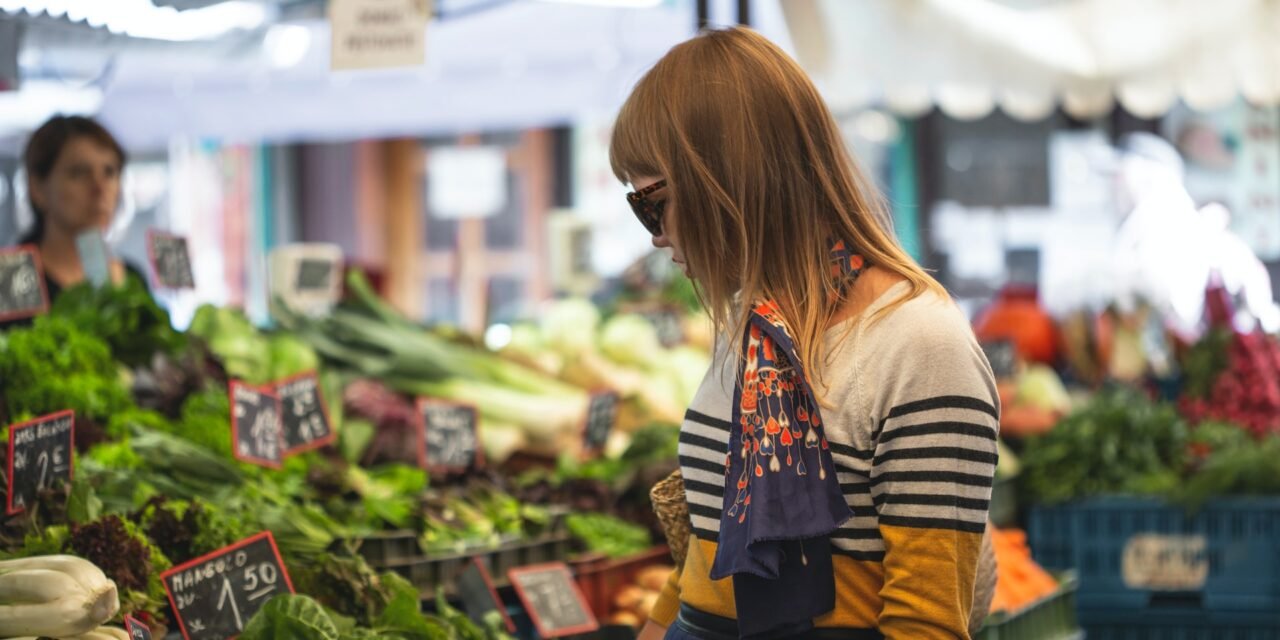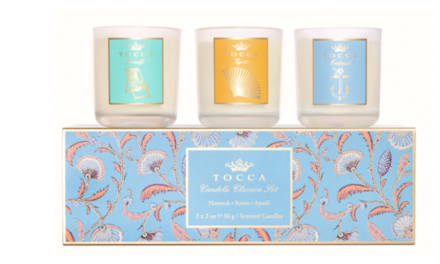
5 Reasons to Get Serious About Adding More Plants to Your Diet

October is Vegetarian Awareness Month. While we may not all want to go vegetarian, it is a great time to consider our plant-based food consumption. We all know eating plants is healthy, but at the end of the day, we don’t always get enough of them into our diet. The Centers for Disease Control and Prevention (CDC) reports that less than 10% of people in the country eat the recommended amount of vegetables daily, and only 12% eat the recommended amount of fruit daily. This is a great month to finally get serious about adding more plants to one’s diet.
“The truth is that you can’t out-exercise a bad diet,” explains Jennifer Scherer, a registered dietitian nutritionist, medical exercise specialist, certified personal trainer, and owner of Fredericksburg Fitness Studio. “Even if we are not perfect with our diet, we need to strive to eat healthier, which means adding more plant-based foods.”
Getting more plants, such as fruits and vegetables, into the diet does not have to be complicated or time-consuming. It can be as simple as adding chia seeds to a smoothie or yogurt, snacking on fruit or sprouted nuts by Ntidote, having a Meatless Monday dinner weekly, or simply roasting a side of veggies for each dinner. There are many ways to get more plants into the diet, but it only works if the effort is put forth and the commitment to keep it going.
Here are 5 reasons to add more plants to your diet:
- Fiber and potassium. Eating more plants will increase fiber and potassium intake, which are two things most adults are not getting enough of. The CDC reports that fiber helps control blood sugar, protects the heart, helps maintain digestive health, and keeps you feeling full, which helps with weight management.
- Antioxidants. Found in plants, antioxidants help neutralize free radicals, which can damage our cells and lead to cancer. Having foods rich in antioxidants helps put more of these “free radical scavengers” in the body and helps protect the cells from damage. Foods rich in antioxidants include berries, mango, watermelon, dark chocolate, cruciferous vegetables, green tea, mushrooms, beets, broccoli, kale, etc.
- Disease risk reduction. Putting more plants in the diet can help to reduce the risks of heart disease, stroke, obesity, high blood pressure, type 2 diabetes, and many types of cancer, according to the American Heart Association.
- Improved gut health. Opting to eat more plants puts more phytochemicals in the gut. According to research published in the August 2022 issue of the International Journal of Molecular Sciences, diets containing phytochemicals may offer a path to improve the gut microbiome, which results in improved performance and well-being.
- Save money. During a time when food prices are rising, many families are looking for a way to save money when shopping. Opting for more plant-based meals will save some money. Consider the cost of beans for a meal versus other things, and it is easy to see how quickly the savings can add up. A study published in the July 2022 issue of the journal Springer Nature compared the costs of eating a healthier plant-based diet with a standard one. They conclude that eating a plant-based diet does not cost more and can be cheaper. Those who become healthier due to eating more plants may also save money that would otherwise be spent on healthcare expenses.
“Making small changes to add more plants is going to add to meaningful results,” Scherer added. “I’m happy to work with people to help create a healthy diet and exercise plan, which makes it easier than trying to figure it out on your own.”
As a registered dietitian, Scherer helps people improve their diet, plan for sustainable weight loss, and help people include healthier food choices. She and her team offer nutrition coaching services, wellness, personal training, in-home medical training, virtual personal training, and a Pilates reformer program, which features a versatile machine designed to provide resistance. It can be used when standing, sitting, or lying down. All workouts on it are custom-tailored for the individual to address their physical fitness concerns.
Fredericksburg Fitness Studio doesn’t offer memberships as other gyms do. They offer private customized fitness programs that are available by appointment. Many people who go to the studio are referrals from physical therapists and doctors. The wellness professionals at the studio communicate with the medical teams to keep them up to date on patient progress. To learn more about Fredericksburg Fitness Studio, visit the site: https://www.
About Fredericksburg Fitness Studio
Founded in 2008, Fredericksburg Fitness Studio offers personalized fitness programs, nutrition coaching, and medical training. The private personal training studio was started by Jennifer Scherer, who has a background in human physiology, anatomy, nutrition, weight training, and exercise and is also a registered dietitian. The studio has a team to help people reach their health and wellness goals. To learn more, visit the site at: https://www.fburgfitness.
Feature Photo by Milada Vigerova on Unsplash


































